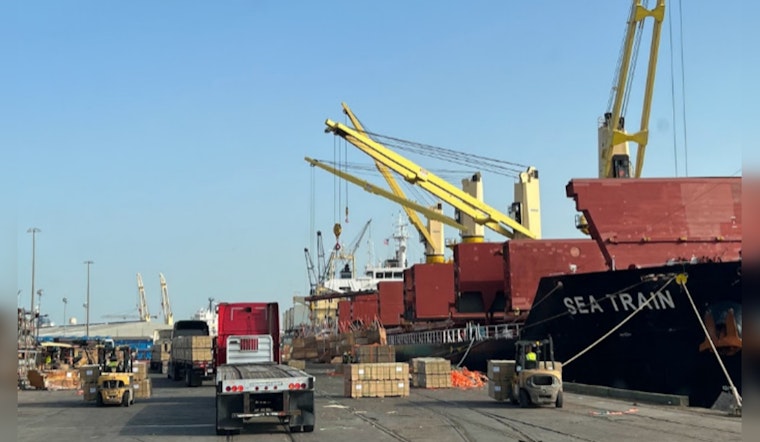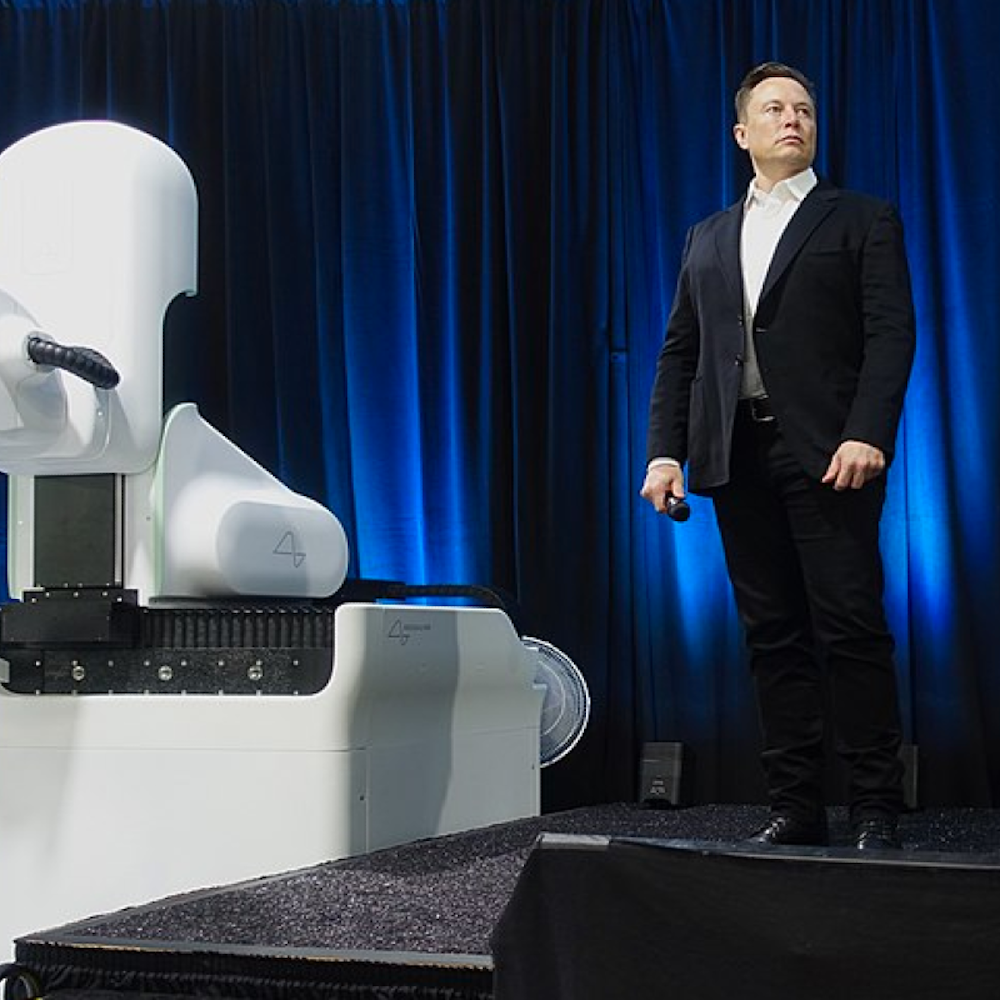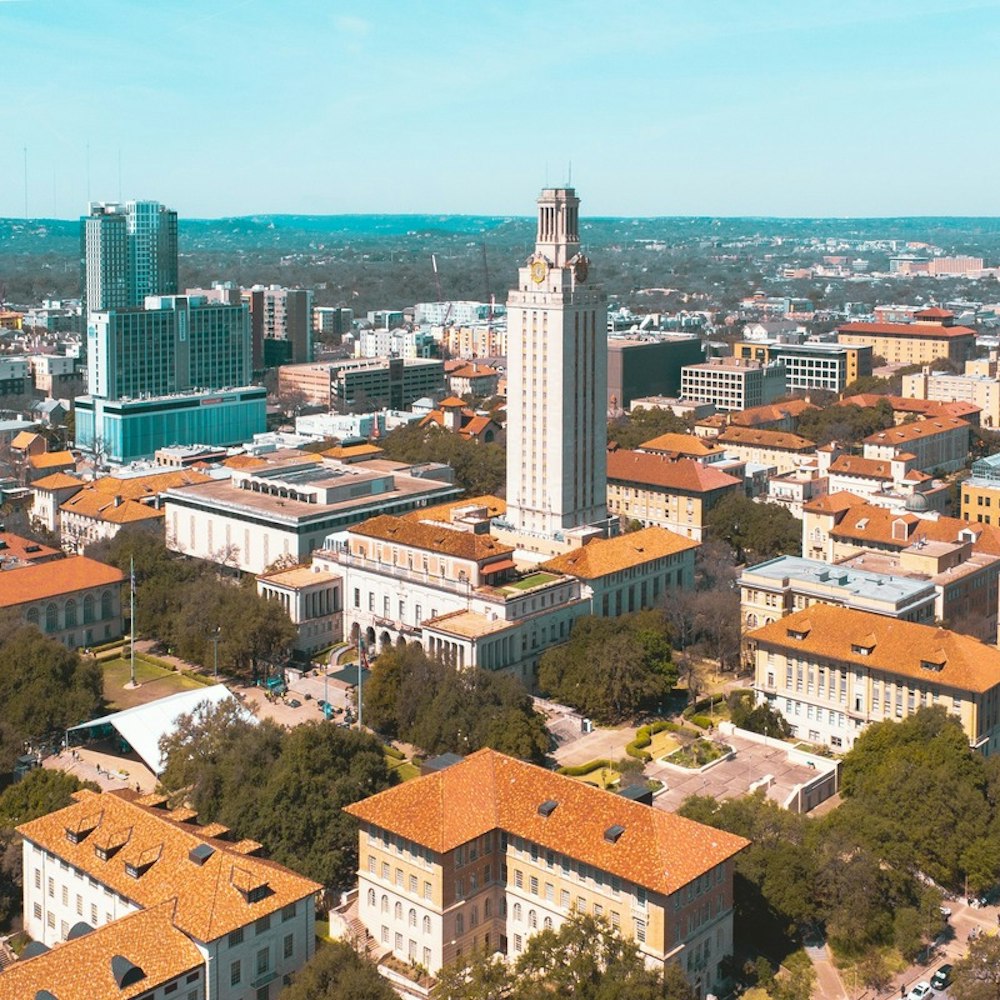
Port Houston is gearing up to go green with a major cash infusion for eco-friendly upgrades. The hub has been awarded a substantial $26.9 million from the Reduction of Truck Emissions at Port Facilities Grant Program, financed through President Biden's Bipartisan Infrastructure Law. This move is set to bring thirty new electric trucks to the forefront of Houston's cargo yards, a step that promises to cut back on pollution and streamline operations.
The investment is designed not just to clear the air but to hasten the flow of goods. U.S. Rep. Sylvia Garcia, D-Houston, touts the economic and environmental sensibility of the move. According to the Houston Chronicle, Garcia stated, "Investing in our ports to improve air quality and reduce pollution while modernizing infrastructure and strengthening supply chains is not only the right thing but also the smart thing." She points out that this grant is a play of environmental justice that stands to positively transform the lives of workers and prepare the port for a resilient future.
The hefty federal grant, announced Wednesday, is the second-largest slice of the $148 million pie divvied up nationally. Under the program, the focus is on curbing emissions caused by idling trucks around America's ports, where they not only slow deliveries but choke local air with toxins. As part of the Port Houston transformation, the grant will cover the cost of 15 portable chargers and a hydrogen fueling station, totaling approximately $25.1 million. The remaining $1.8 million goes to Jacintoport LLC to enhance the terminal's operating systems at the gates, trimming at least ten minutes off waiting times for trucks, thus easing both port and surrounding road congestion.
U.S. Transportation Secretary Pete Buttigieg emphasizes the initiative's broader benefits, asserting to improve more than just the workflow. "When truckers spend hours idling at ports, it’s bad for drivers, bad for supply chains, and bad for nearby communities that feel the brunt of more polluted air," Buttigieg says, according to an announcement by the U.S. Department of Transportation. He underlines that these investments are strategically placed to save time, cut costs for truck drivers, and importantly, make air more breathable for workers and communities alike.
Several states are getting a share of the federal funding for similar projects aimed at cleaning up port operations. California tops the chart with $49.7 million, targeted at swapping out old diesel-powered vehicles with zero-emission alternatives. Texas, ranking second with Port Houston's share, Florida, Georgia, New Jersey, and Louisiana are among the spots earmarked for a healthy injection of both money and cleaner technology.









